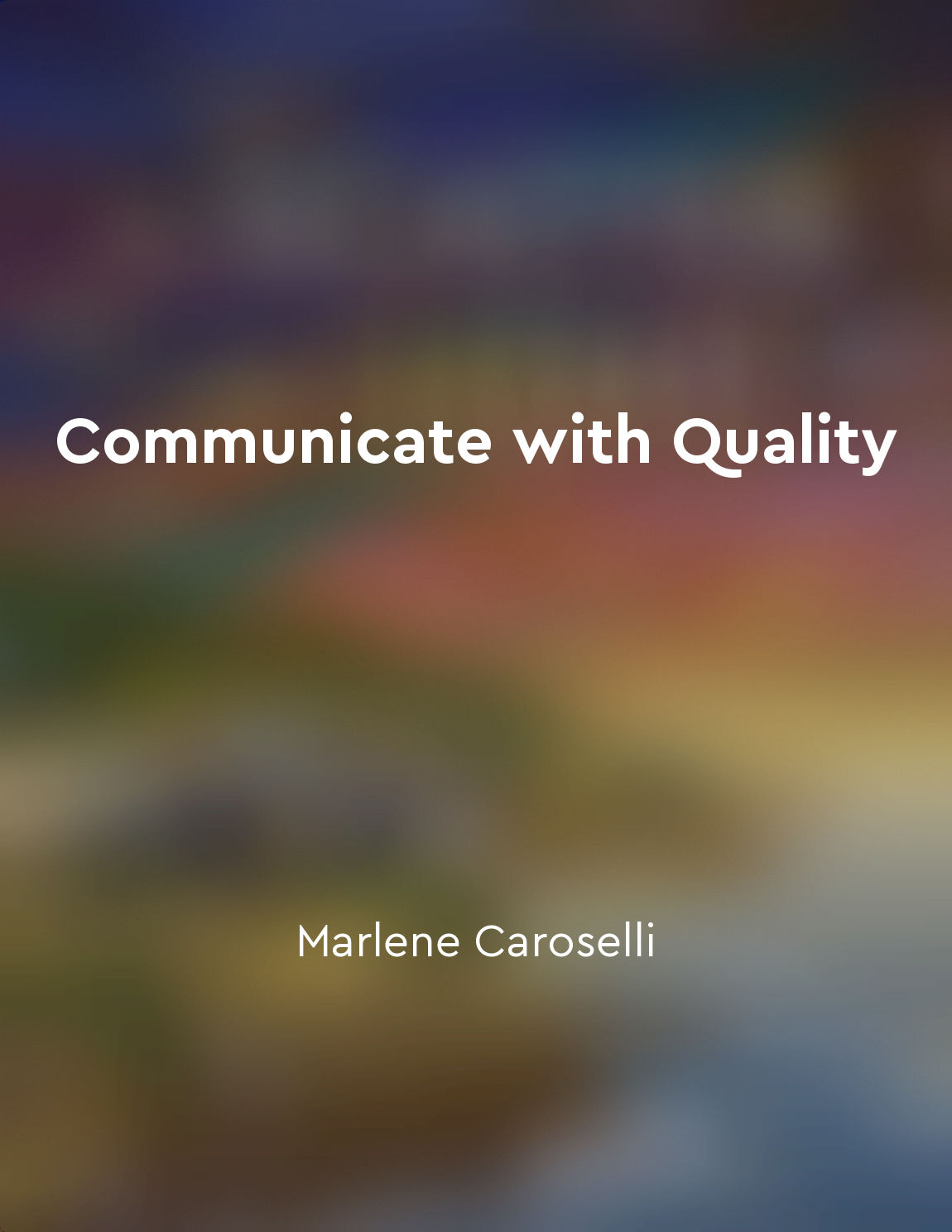Audio available in app
Sensitivity to cultural norms can prevent misunderstandings in global teams from "summary" of The Culture Map (INTL ED) by Erin Meyer
Understanding and respecting cultural norms is crucial when working in global teams. Cultural norms dictate how people behave, communicate, and make decisions within a particular society. By being sensitive to these norms, team members can avoid misunderstandings and build stronger relationships with their colleagues from different cultural backgrounds. One common source of misunderstanding in global teams is the use of indirect communication. In some cultures, such as Japan or Korea, people tend to communicate in a more subtle and indirect manner. This can be misinterpreted by individuals from more direct cultures, such as those from the United States or Germany, leading to confusion and conflict. By recognizing and adapting to these communication styles, team members can ensure that their messages are understood correctly. Another important aspect of cultural norms is decision-making processes. Some cultures, like Sweden or Switzerland, prefer consensus decision-making, where everyone's opinion is taken into account before a final decision is made. On the other hand, cultures like France or Brazil may have a more hierarchical approach to decision-making, where the final decision rests with the leader. By understanding these differences, team members can navigate decision-making processes more effectively and avoid conflict. Furthermore, cultural norms also influence work styles and approaches to conflict resolution. For example, in some cultures, such as the Netherlands or Australia, people tend to be more egalitarian and value open discussion and debate. In contrast, cultures like China or Saudi Arabia may prioritize harmony and avoid open confrontation. By being aware of these differences, team members can adapt their work styles and conflict resolution strategies to fit the cultural context, improving collaboration and teamwork.- Sensitivity to cultural norms is essential for preventing misunderstandings in global teams. By understanding and respecting how people from different cultures communicate, make decisions, and approach work, team members can build trust, enhance communication, and work together more effectively. This cultural intelligence is a valuable skill that can help global teams succeed in an increasingly interconnected world.
Similar Posts
Context shapes the way we communicate
Communication is not a one-size-fits-all endeavor. It is influenced by a multitude of factors, one of the most significant bein...
Nonverbal cues can reveal power dynamics
Nonverbal cues play a crucial role in the intricate dance of power dynamics within human relationships. These subtle signals ca...

Be open to receiving feedback from others
When you engage in communication, it is essential to be receptive to feedback from those around you. Feedback can come in vario...
Adaptability is key in various communication settings
Adaptability plays a crucial role in successfully navigating different communication settings. In order to effectively communic...
Importance of understanding Spanish in today's global economy
In today's interconnected world, the ability to communicate in Spanish has become increasingly valuable. As a global language s...
Continuous improvement in communication skills is key to success
Effective communication skills are essential in the workplace, as they play a vital role in achieving success and fostering pos...
Availability bias impacts judgment
Availability bias impacts judgment because people tend to judge the likelihood of events based on how easily examples come to m...

Show genuine interest in the other person
To have a successful small talk conversation, it is crucial to show genuine interest in the other person. This means being atte...
Liberal education is worth defending
A liberal education is not merely about acquiring a specific set of skills or knowledge. It is about learning how to think crit...
Use openended questions to encourage dialogue
Open-ended questions are a powerful tool in communication. They are designed to elicit more than just a simple "yes" or "no" re...

